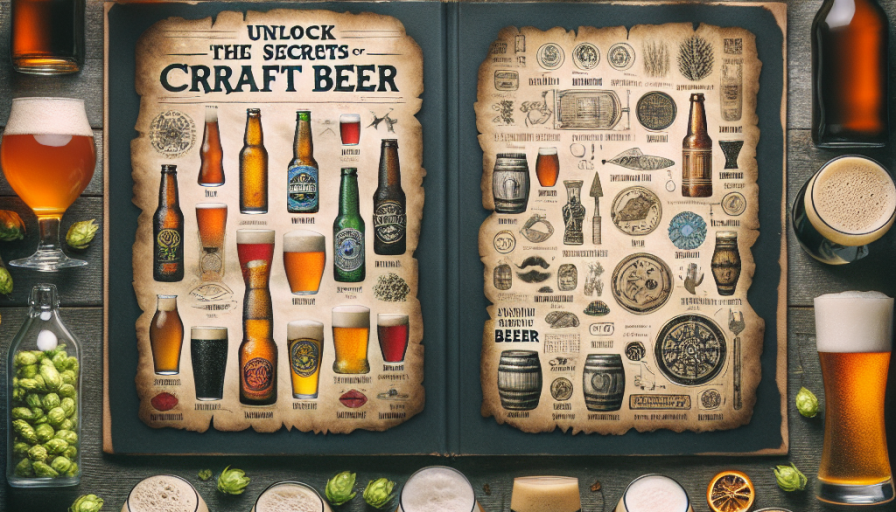Description
Alcohol is a drug that is consumed by many people around the world. It is important to remember that alcohol is a drug and should be treated as such. There are many dangers associated with alcohol use and it is important to be aware of them.
Some of the dangers of alcohol include:
- Alcohol can be addictive.
- Alcohol can lead to liver damage.
- Alcohol can cause problems with coordination and balance.
- Alcohol can cause blackouts.
- Alcohol can increase the risk of cancer.
- Alcohol can lead to violence and aggression.
If you are going to drink alcohol, it is important to do so responsibly. Remember to never drink and drive, and to always drink in moderation. If you are concerned about your alcohol use, or if you are experiencing any problems, it is important to seek help. There are many resources available to help you if you are struggling with alcohol.
Benefits
1. Alcohol can be used to reduce stress and anxiety. It can help people relax and enjoy social situations.
2. Moderate alcohol consumption can help reduce the risk of heart disease, stroke, and other cardiovascular diseases.
3. Alcohol can help reduce the risk of developing certain types of cancer, such as colon and breast cancer.
4. Alcohol can help improve cognitive function and reduce the risk of developing dementia.
5. Alcohol can help reduce the risk of developing type 2 diabetes.
6. Alcohol can help reduce the risk of developing gallstones.
7. Alcohol can help reduce the risk of developing osteoporosis.
8. Alcohol can help reduce the risk of developing depression.
9. Alcohol can help reduce the risk of developing certain types of liver disease.
10. Alcohol can help reduce the risk of developing certain types of kidney disease.
11. Alcohol can help reduce the risk of developing certain types of eye disease.
12. Alcohol can help reduce the risk of developing certain types of skin disease.
13. Alcohol can help reduce the risk of developing certain types of respiratory disease.
14. Alcohol can help reduce the risk of developing certain types of neurological disease.
15. Alcohol can help reduce the risk of developing certain types of autoimmune disease.
16. Alcohol can help reduce the risk of developing certain types of blood disorders.
17. Alcohol can help reduce the risk of developing certain types of digestive disorders.
18. Alcohol can help reduce the risk of developing certain types of mental health disorders.
19. Alcohol can help reduce the risk of developing certain types of infectious diseases.
20. Alcohol can help reduce the risk of developing certain types of reproductive disorders.
21. Alcohol can help reduce the risk of developing certain types of musculoskeletal disorders.
22. Alcohol can help reduce the risk of developing certain types of endocrine disorders.
2
Tips
1. Always drink responsibly. Never drink and drive, and never drink if you are underage.
2. Always have a designated driver or a plan for getting home safely if you are drinking.
3. Know your limits and stick to them. Don’t drink more than you can handle.
4. Avoid drinking on an empty stomach. Eating before or while drinking can help slow the absorption of alcohol into your bloodstream.
5. Alternate between alcoholic and non-alcoholic drinks. This will help you stay hydrated and reduce the amount of alcohol you consume.
6. Avoid mixing different types of alcohol. This can increase the risk of negative side effects.
7. Don’t drink to cope with stress or to fit in with others. Seek help if you are struggling with alcohol abuse.
8. Be aware of the risks associated with drinking. Alcohol can increase the risk of certain health conditions, such as liver disease and certain types of cancer.
9. If you are pregnant or breastfeeding, avoid drinking alcohol.
10. If you are taking any medications, check with your doctor before drinking alcohol. Some medications can interact with alcohol and cause serious side effects.
Questions
Q: What is alcohol?
A: Alcohol is a type of chemical compound that is found in many beverages, such as beer, wine, and spirits. It is created through the fermentation of sugars by yeast, and is the main ingredient in alcoholic beverages.
Q: What are the effects of alcohol?
A: The effects of alcohol vary depending on the amount consumed, but generally include impaired judgment, slowed reaction time, and impaired coordination. In large amounts, alcohol can cause nausea, vomiting, and even death.
Q: Is alcohol addictive?
A: Yes, alcohol is addictive. Long-term use of alcohol can lead to physical and psychological dependence.
Q: What are the health risks associated with drinking alcohol?
A: Drinking alcohol can increase the risk of certain health problems, such as liver disease, cancer, heart disease, and stroke. It can also lead to accidents, violence, and other dangerous behaviors.
Q: Is it safe to drink alcohol while pregnant?
A: No, it is not safe to drink alcohol while pregnant. Drinking alcohol during pregnancy can cause serious health problems for the baby, including fetal alcohol syndrome.
Q: What is the legal drinking age?
A: The legal drinking age varies by country, but is typically 18 or 21. It is important to check the laws in your area to make sure you are following the law.
Conclusion
Alcohol has been a part of human culture for centuries, and its effects on society have been both positive and negative. On the one hand, it has been used to celebrate special occasions, to relax, and to socialize. On the other hand, it has been linked to a variety of health problems, including liver disease, heart disease, and addiction. Despite its potential risks, alcohol remains a popular choice for many people. It is important to remember that moderation is key when it comes to drinking alcohol. If you choose to drink, do so responsibly and in moderation. Be aware of the potential risks and take steps to reduce them. Talk to your doctor if you have any concerns about your drinking habits.







